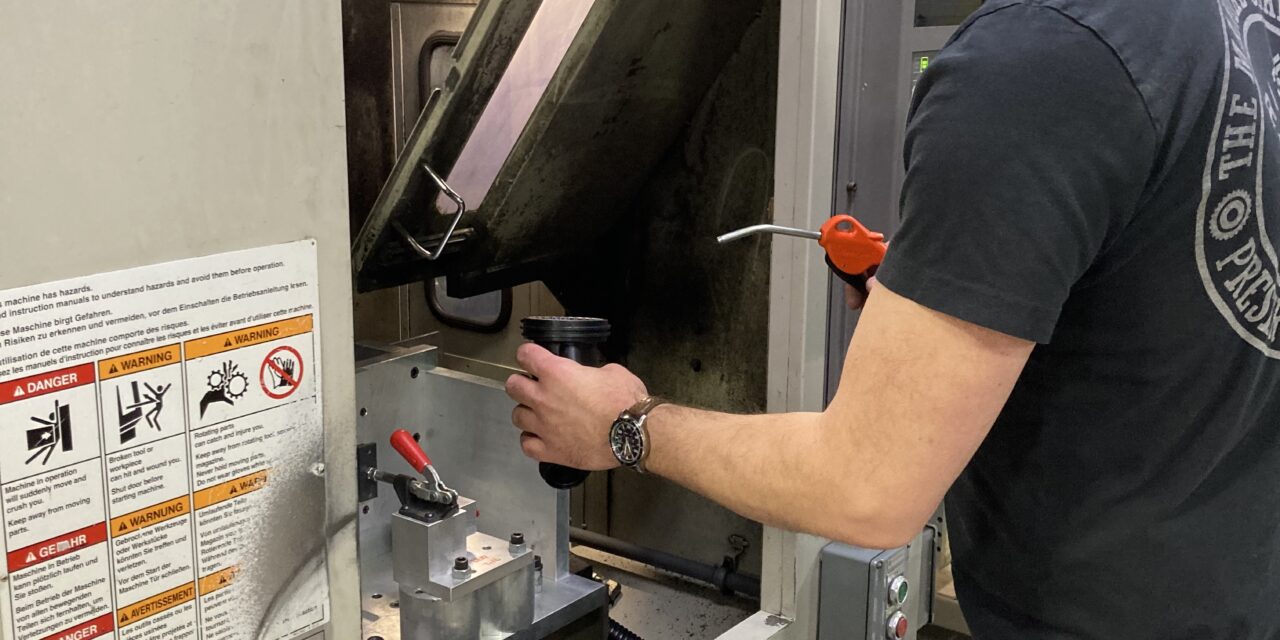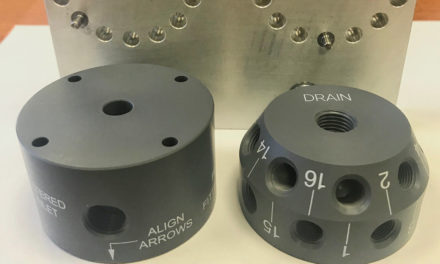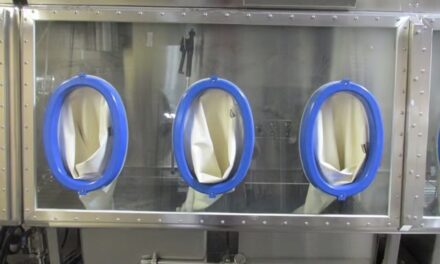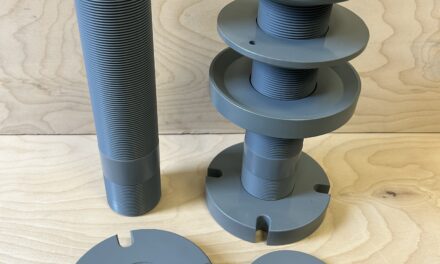Have you ever considered the advantages of using US-based manufacturers for your product’s components? This is a question that we get asked regularly, and we strongly feel that we and other US-based manufactures have a great deal to offer from the standpoints of value and quality. Even if your products or parts were not stuck in the Suez Canal there are many reasons to rely on US production partners.
We recently came across an interesting article that covers some key benefits of US-based plastic part production. The Rodon Group (no relation to PTP Manufacturing) posted an interesting blog article about 2 years before the Covid-19 Pandemic ( Rodon Group Blog ) that we think makes some interesting points. You will see similar lists of benefits on many websites as the facts speak for themselves. We will add some more to this list as there are many reasons for you to take advantage of the value and values of US-based manufacturers.
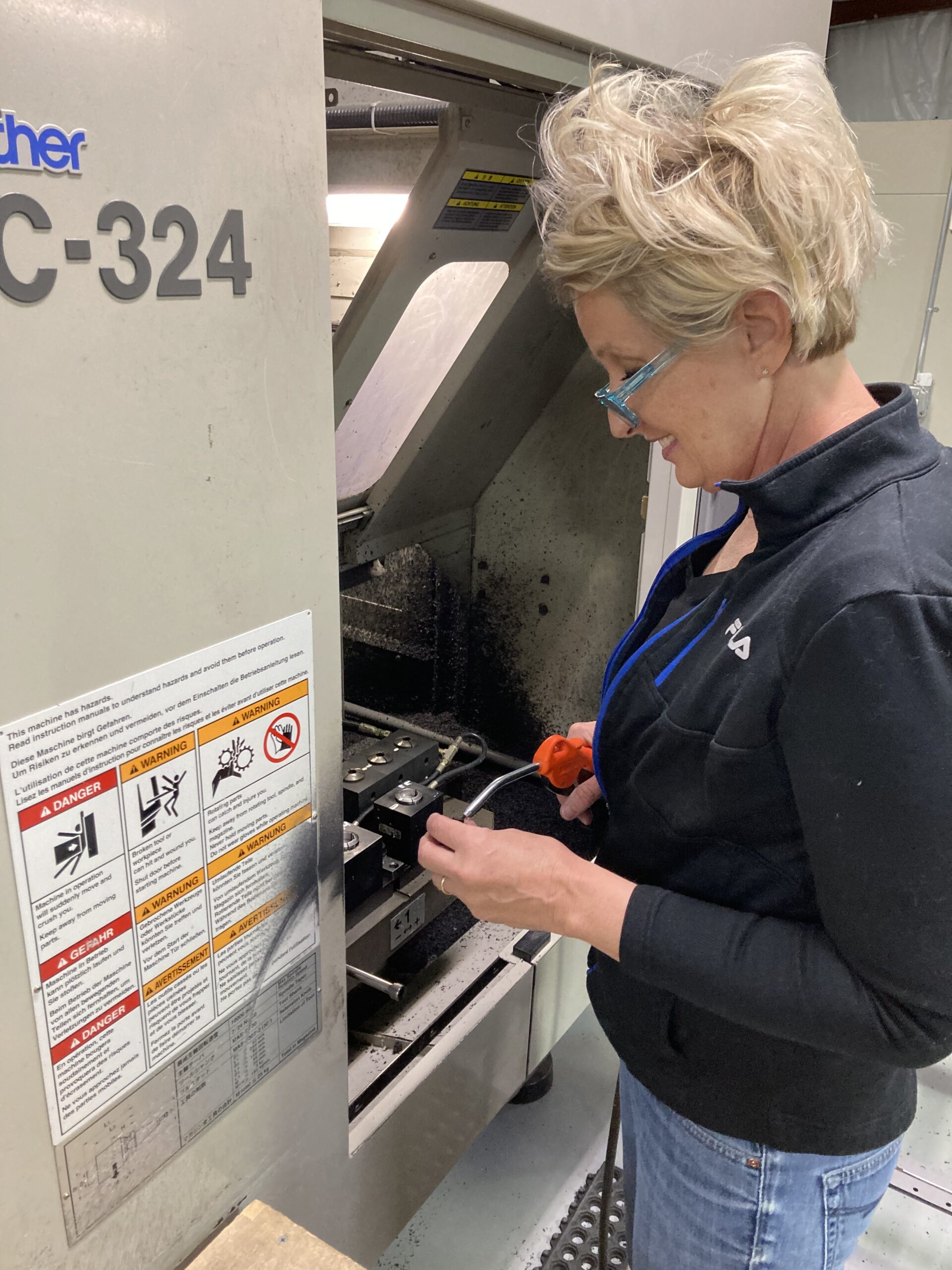
1. A Higher Standard of Safety & Quality Control
By being geographically closer to your production facility, you will be able to execute tighter control over the manufacturing process, allowing you to ensure that all products fit set standards and specifications. If a problem should arise, you’ll be able to catch it and correct it more quickly—saving valuable time and money in the long run. Plus, you can be more confident that all materials being used in your products adhere to safety and quality standards, as well helping you make sure that you have the best building blocks on hand to manufacture your product.
U.S. manufacturing also allows you to enforce greater safety practices in your vendors facilities to help protect your reputation. Countries where manufacturing is commonly outsourced often do not have the same level of safety regulations that the United States has, which could put your company at higher risk of bad public relations and press.
2. Shorter Lead Times
Not only does manufacturing in the U.S. save you money on logistics costs, but it also saves you valuable time in the production process. When goods have less distance to travel to get to your facility or intended user, they can be delivered more quickly to the customer—accelerating the sales process, enabling more agile forecast responses, and getting money in your pocket sooner.
Having a shorter lead time is also a surefire way to increase customer satisfaction. Living in the digital age, customers have come to expect products to arrive within very short time frames. This is known as the Amazon Effect. Instead, shorter lead times will keep shipping costs lower for you and ultimately your consumers, while still meeting the expectation that the product can be delivered on time.
3. Homegrown Customer Service
Your parts themselves are not the only benefit your business gains by keeping your production located on American soil. Customer service is an integral part of any business relationship, and its quality is often influenced by the geographic location of your vendor’s customer service representatives.
When you must rely on customer service representatives and centers located abroad, you will often feel a disconnect between you and the people handling your service issues. In addition, there can sometimes be language and time zone differences that can affect communication. This can lead to problems and frustrations on both sides.
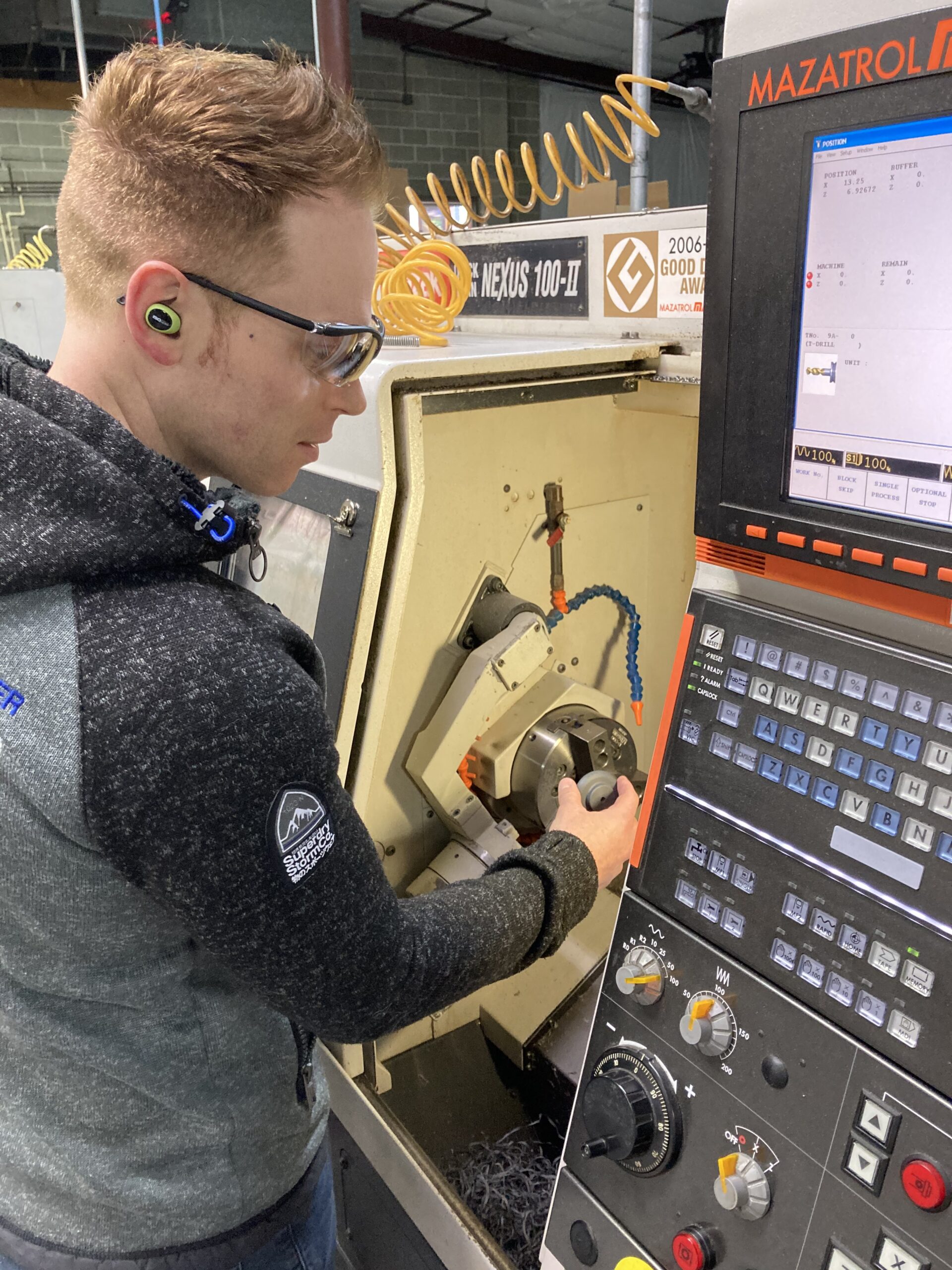
4. Reduced Cost for Deliveries (No Suez Canal)
While using manufacturing facilities abroad as a means of saving labor and production costs has traditionally been a common practice, the logistics costs involved with shipping products, materials, and/or components halfway around the world have climbed exponentially in recent years. When you choose to keep your manufacturing in the United States, you will save significantly on inbound and outbound delivery and shipping costs. While shipping products from overseas can be expensive, shipping domestically provides a range of transportation modes and broader shipping windows that can offer significant savings. Plus, by working with American delivery companies, you will eliminate the risk of miscommunication due to language barriers or currency differences, creating a much smaller margin for human error.
This has been especially true during the Covid-19 pandemic as air and surface transportation networks have been severely impacted. Using domestic production resources greatly reduces the risk of shipping delays and bottlenecks.
5. More Jobs for Americans
Choosing U.S.-based manufacturing means creating jobs here at home for Americans. Many customers value companies that are rooted in their communities and employ their neighbors and friends, and therefore will choose those products over your competitors for that very reason.
By keeping your manufacturing in the United States, you can be sure that you are supporting the local and national economy and helping American families thrive financially, which in turn further stimulates the economy at all levels. Manufacturing currently provides some of the highest wages in the country for industrial workers. In fact, according to the U.S. Bureau of Labor Statistics, industries that specialize in producing goods paid an average salary of $56,799 per year—more than $10,000 above other popular working-class sectors such as healthcare or teaching.
6. Environmentally Friendly
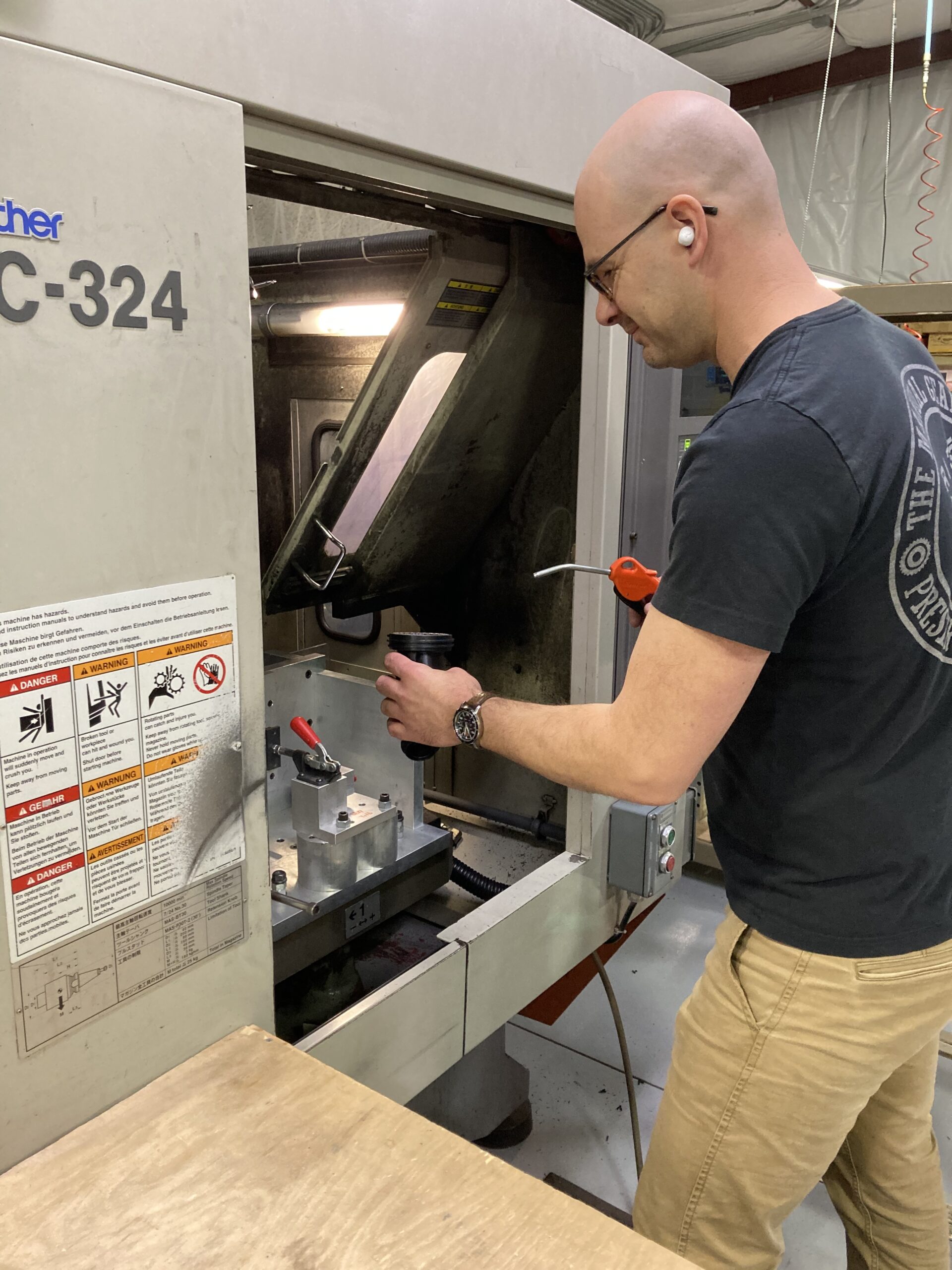
7. U.S. Manufacturers Pay U.S. Taxes
While offshoring has traditionally been a means to save on taxes, the benefits of reshoring or keeping production in the United States should not be understated. By keeping your manufacturing vendors and operations in the United States, your taxes will support the community that you and your employees live in in terms of infrastructure, social programs, and more. Keeping manufacturing operations in America strengthens the United States’ economy and keeps our government’s financial system secure.
Together, these benefits present a solid case to keep manufacturing in the United States. While overseas manufacturing might seem like a cheaper option for many companies, in the long term, the benefits of keeping your manufacturing vendors and operations domestic far outweigh the short-term benefits of moving your facility abroad.

